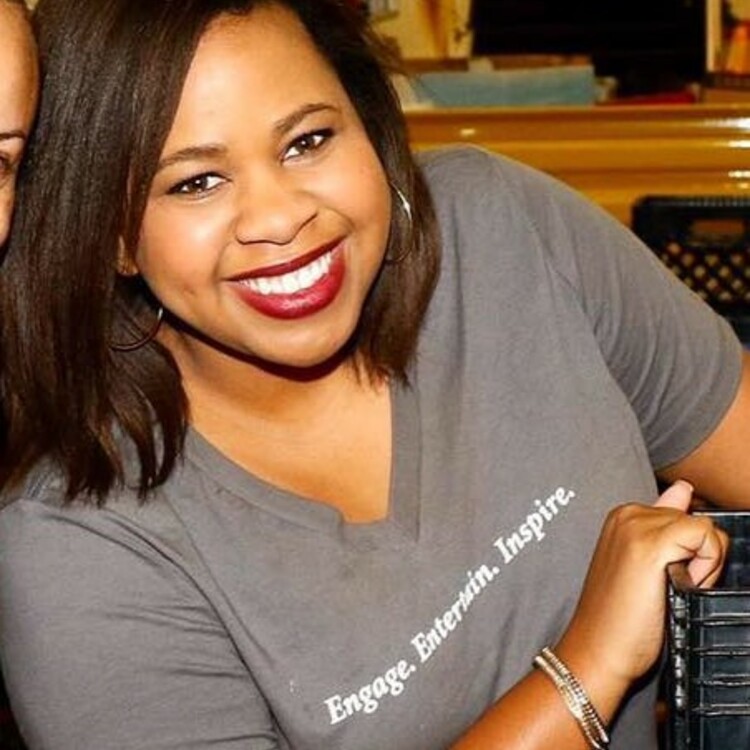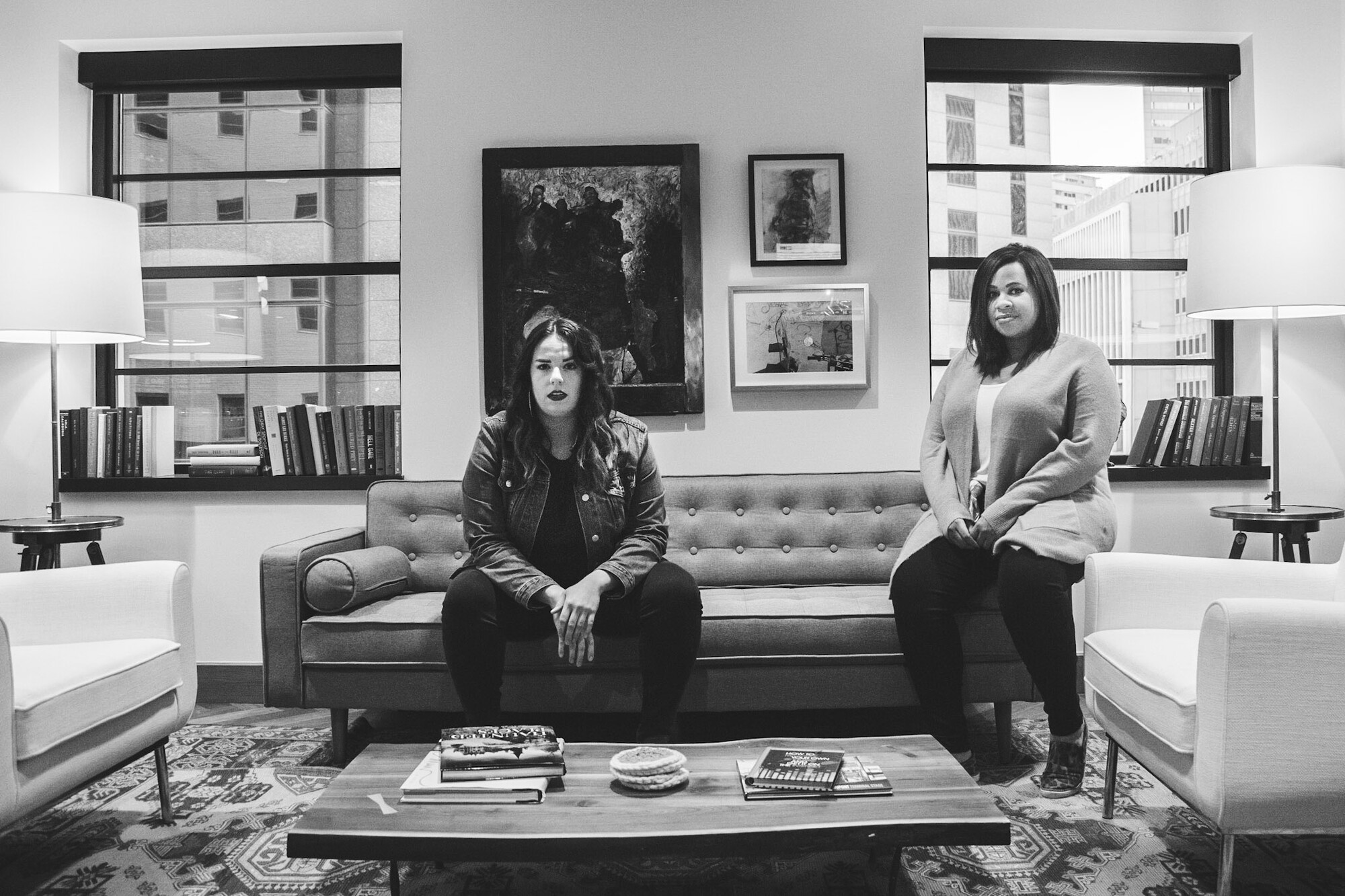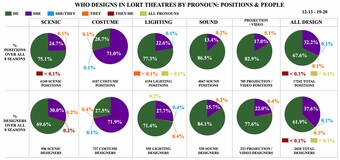We, two women with intersectional identities living and working within the Dallas, Texas theatre community, write to speak out against violence toward women, gender inequity and inequality, coercion and control enabled by ongoing abuses of power, and other injustices that disproportionately affect women in our community.
We live in a time and space that is suddenly inundated with #metoo and #timesup social media movements, yet as women, we know that there is nothing “new” or “trendy” about sexual abuse. Women have borne the brunt of sexual assault, harassment, and oppression since time memoriam. Despite the ever-presence of violence, this emboldened spotlight on gendered abuse can often feel overwhelming, disheartening, and sometimes even confusing. Trauma, in particular sexual trauma, is a reality for far too many of us, and there is no singular “correct” way to process, heal, and move through (not “forward” or “on from”) traumatic experiences. Hence, we utilize the form of the manifesto, which has emerged historically among artists, writers, and revolutionaries alike to “challenge and provoke” the normalization of oppression, and among radical feminists, as Kimber Charles Pearce states, as “an idiom of resistance against the patriarchy” and rape culture.
We were inspired to write this manifesto to work through our individual and collective experiences as one response to the narratives of violence, sexual abuse, and callous indifference perpetrated by theatermaker Lee Trull, which ultimately led to his termination at Dallas Theater Center last year. We call out his name, but we will not mimic some of our local media by indulging a narrative that rewards Trull’s continued abuses of power and privilege. We recognize he is one of many, both implicit and complicit, actively upholding the tenets of rape culture. Instead, we return to what we believe is and should be at the core of collective efforts to name, locate, and ultimately end sexual violence; we seek to offer space to foreground women’s experiences, knowledge, and narratives.
Women should be valued, women should be heard, women should have spaces where they can speak their truths about personal traumas if they so choose. These basic statements should be uncontroversial; and yet, such basic declarations of human worth and value seem to be under attack from myriad sources. We demand a cultural shift that starts by deeply listening to our/their stories, a shift that will entail thoughtfulness, empathic listening, and informed sensitivity.
Women should be valued, women should be heard, women should have spaces where they can speak their truths about personal traumas if they so choose.
In order to activate change within our community, we look to excerpts from Nigerian writer Chimamanda Ngozi Adichie’s Dear Ijeawele, or A Feminist Manifesto in Fifteen Suggestions, to clarify the purpose of this manifesto:
1. “Be a full person...”
In an era marked by abuse of power in the workplace, what has become evident is that cis and trans women have not been permitted or encouraged to be their full selves, and have had to compromise on parts of their identity in order to remain unpunished within systems of power. We cannot erase the etchings of race, gender, class, and sexuality on our bodies, nor should we have to for the purpose of maintaining a hierarchy that often fosters toxic masculinity, permits white fragility, and diminishes women. This process of identity elimination rings true in the Dallas community, which perpetuates a culture of silence around sensitive subjects; this silence does not protect victims, but prompts assailants to continue their bad acts. Breaking this pattern of silence requires the board, leadership, and staff of an institution to actively create spaces where women are valued and respected daily and a system of practices in place for reckoning with accounts of violence, harassment, and injustice in a swift and measured way.










Comments
The article is just the start of the conversation—we want to know what you think about this subject, too! HowlRound is a space for knowledge-sharing, and we welcome spirited, thoughtful, and on-topic dialogue. Find our full comments policy here
We would like to thank Dr. Suzanne Enck, Associate Professor and Director of Graduate Studies at the University of North Texas Department of Communication Studies, for editing and research support.